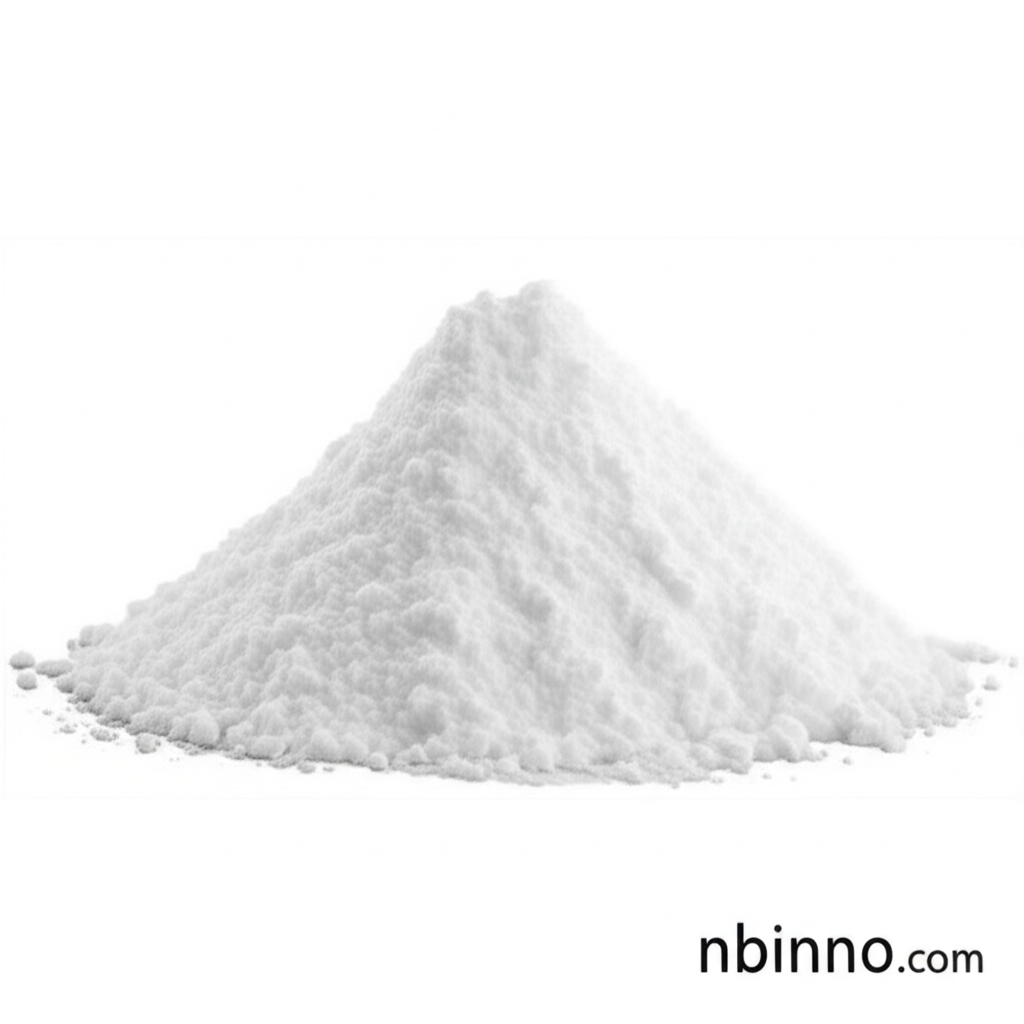Pralidoxime Chloride: Mechanism, Applications, and Advanced Veterinary Raw Material Insights
Discover the critical role of Pralidoxime Chloride in veterinary medicine and toxicology.
Get a Quote & SampleProduct Core Value

Pralidoxime Chloride
Pralidoxime chloride is a vital synthetic compound functioning as a key antidote, particularly in veterinary medicine, for treating poisoning caused by organophosphates and certain insecticides. Its unique oxime derivative structure is instrumental in its primary role: reactivating acetylcholinesterase enzymes that have been inhibited by organophosphates. This reactivation is crucial for restoring the normal breakdown of acetylcholine, a neurotransmitter, thereby correcting the dangerous imbalance caused by such poisonings.
- Unlock the critical pralidoxime chloride mechanism of action in combating organophosphate toxicity.
- Understand how pralidoxime chloride CAS 51-15-0 serves as a key veterinary raw material for effective treatment.
- Learn about its specific ability to reactivate acetylcholinesterase organophosphate exposure, crucial for nerve function.
- Explore the veterinary use of pralidoxime chloride in a range of applications to safeguard animal health.
Key Advantages and Benefits
Enzyme Reactivation Power
The primary advantage of Pralidoxime Chloride lies in its potent ability to reactivate acetylcholinesterase that has been inactivated by organophosphates, a core component of organophosphate poisoning treatment.
Neurotransmitter Balance Restoration
By restoring enzyme function, it effectively corrects the resulting neurotransmitter imbalance, mitigating the severe symptoms associated with cholinesterase inhibitor exposure.
Emergency Medical Application
Its critical role in medical emergencies makes it an indispensable medical antidote, often administered rapidly to counteract life-threatening effects.
Key Applications
Veterinary Medicine
Essential as a veterinary raw material, Pralidoxime Chloride is vital for treating poisoned animals, addressing issues like organophosphate poisoning.
Toxicology Research
It serves as a crucial tool in toxicology research, aiding studies on nerve agents and pesticides, utilizing its cholinesterase reactivation properties.
Emergency Medicine
Widely employed in emergency medical settings as a life-saving medical antidote for cases of severe organophosphate exposure.
Pharmaceutical Synthesis
Acts as a key pharmaceutical intermediate in the synthesis of various therapeutic agents requiring its specific chemical properties.
